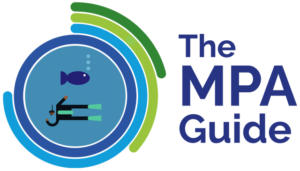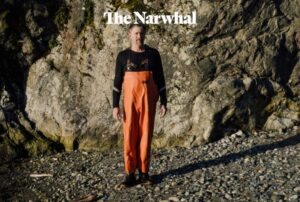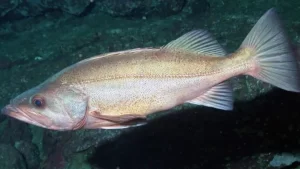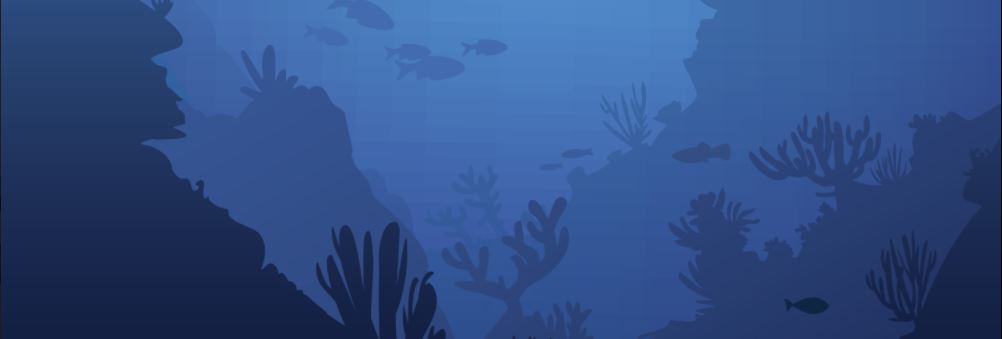
BC OCEAN CONSERVATION DRAGGING BEHIND
CPAWS Calls For Urgent Adoption Of Minimum Standards To Prohibit Bottom Trawling In Marine Protected Areas
Today, the Canadian Parks and Wilderness Society (CPAWS) released The MPA Monitor, to assess the quality of Canada’s marine protected areas (MPAs). British Columbians are proud of the coast’s natural beauty and bounty. However, we are shocked and disappointed to find that the MPAs in BC scored quite poorly: over 60% of BC MPA waters do not have the strong, high-quality protections in place that support thriving ocean life and healthy communities, mainly due to destructive bottom trawling.
Bottom trawling causes large amounts of bycatch as everything that happens to be in the way gets swept up in the net, including unwanted and endangered marine species that should not be caught. Corals and sponges and other habitat forming wildlife are destroyed as the heavy net is dragged on the seafloor. Bottom trawling also causes marine life to choke by kicking up large clouds of sediment as the net moves.
Scott Islands marine National Wildlife Area
Bottom trawling actively occurs on nearly 15% of the Scott Islands marine National Wildlife Area on the northern tip of Vancouver Island. This harms the food sources of seabirds like tufted puffins the MPA was designed to protect.Glass sponge reef buffer zones
At less than 1km wide in most places, the buffer zones in the Hecate Strait/Queen Charlotte Sound Glass Sponge Reefs Marine Protected Area on BC’s north and central coasts are too small. New research has shown that bottom trawling from as far away as 6 kilometres can cause glass sponges to choke.MPA minimum protection standards
But Canada already has a solution to these problems! In 2019, Canada committed to implementing minimum protection standards for federal MPAs that would prohibit bottom trawling, oil and gas, mining, and dumping. In fact, SGaan Kinghlas-Bowie Seamount Marine Protected Area off the coast of Haida Gwaii effectively bans all these activities and scored as strongly protected in the CPAWS analysis.We now need the federal government to implement their 2019 minimum protection standards for MPAs that would prohibit bottom trawling, as well as oil and gas, mining, and dumping. This would provide a critical basic level of protection for all of BC’s MPAs.
Read the whole CPAWS report: The MPA Monitor (EN) (FR)
You can also explore Canada’s MPAs through this interactive dashboard.
Read more
For this report, CPAWS used the recently published MPA Guide – a standardized assessment tool that evaluates the protection level of MPAs based on what activities are allowed within the MPA – to evaluate BC’s MPAs.
Bottom trawling causes large amounts of bycatch and habitat destruction as everything that happens to be in the way gets swept up in the net, The Narwhal.
Hundreds of millions of pounds of untargeted and unwanted fish and other marine animals are killed and wasted, including endangered species such as bocaccio rockfish, CBC News.
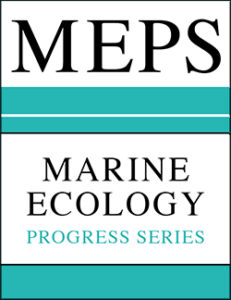 Sediment clouds caused by bottom trawling from as far away as 6km can cause glass sponge reefs to “choke” and stop filtering ocean water, study.
Sediment clouds caused by bottom trawling from as far away as 6km can cause glass sponge reefs to “choke” and stop filtering ocean water, study.
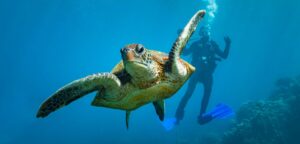 New research shows partially protected reserves are largely ineffective, Hakai Magazine.
New research shows partially protected reserves are largely ineffective, Hakai Magazine.
